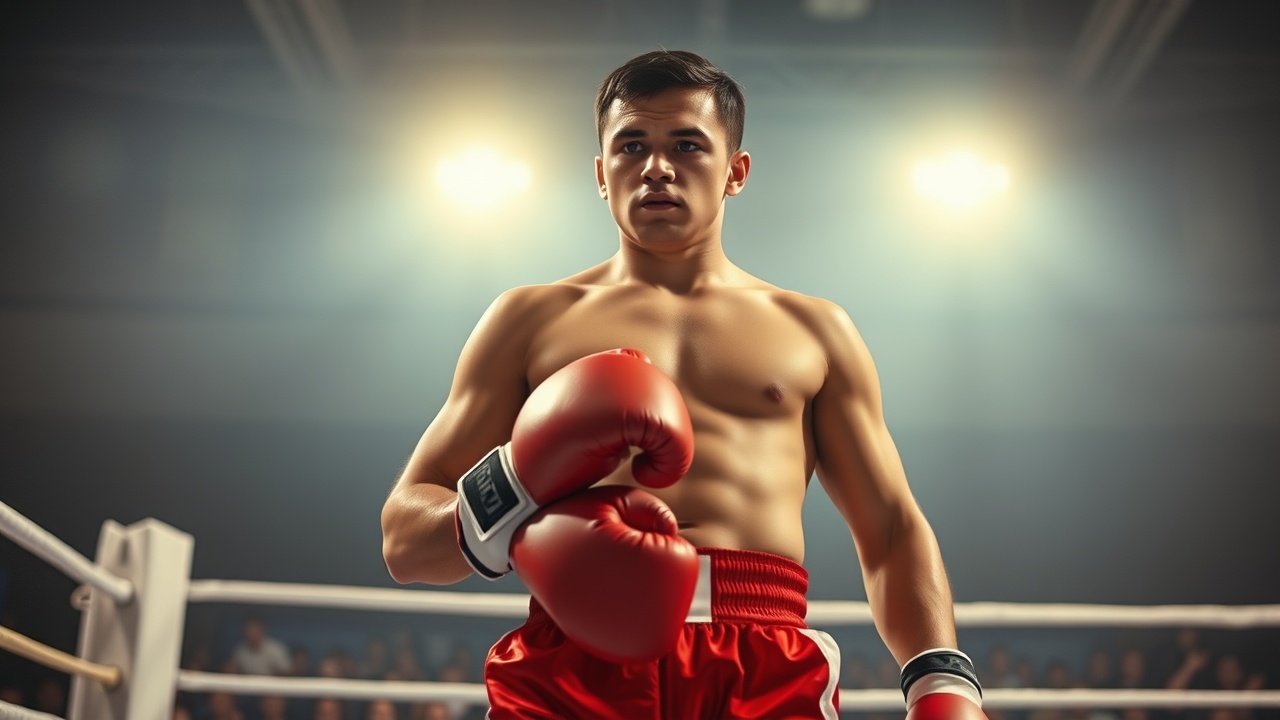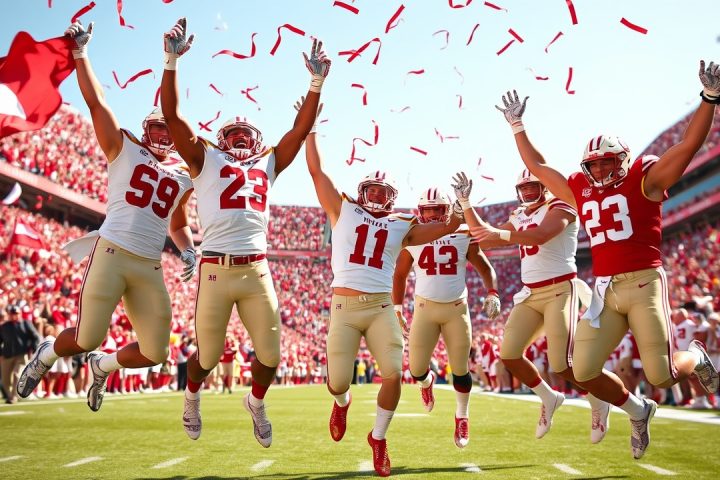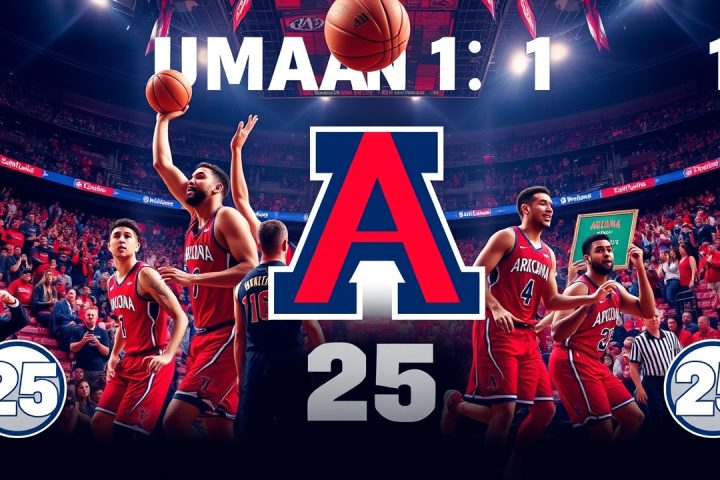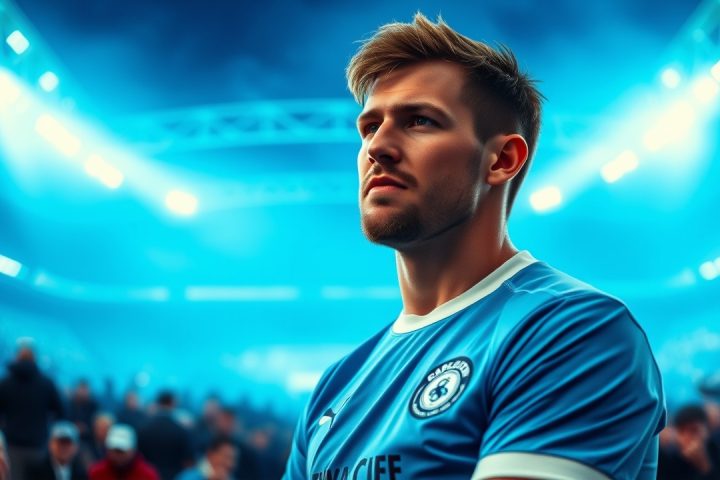Legacy and Pressure in Boxing
On July 7, 2001, at Brooklyn’s KeySpan Park, Hector Camacho Jr. found himself in a precarious situation during his match against Jesse James Leija. With a small cut forming above his right eye, Camacho Jr. was under immense pressure—not only from the fight but also from the expectations tied to his father’s legacy. His father, Hector ‘Macho’ Camacho Sr., was a renowned former champion with a record unblemished by stoppages, making his son’s struggles all the more scrutinized.
Struggles in the Ring
Caught in a moment of vulnerability, Camacho Jr. had to contend with an accidental head-butt that occurred in Round 5, which left him questioning his ability to continue fighting. He could hardly focus on the physical pain; instead, the atmosphere was filled with the jeers of the crowd. Refusing to look at Leija, he struggled with the decision to either fight on or pull out while knowing he held a slight lead on the judges’ scorecards. As the referee, Steve Smoger, announced that a decision would be made soon, the sense of resignation was palpable. Camacho Jr. ultimately opted to end the fight, choosing to protect himself from further injury, but he felt shame wash over him as he left the ring amid disdainful boos.
A Parallel Narrative
Fast-forward to December 20, 2019, a remarkably similar narrative unfolded as Julio Cesar Chavez Jr. faced Daniel Jacobs in Phoenix, Arizona. By this point in his career, Chavez Jr. appeared more focused on maintaining a lucrative lifestyle than competing seriously for titles. With a shocking head of bubblegum-blue hair, he stepped into the ring significantly overweight and lacking any sense of urgency. Notably, he had declined drug testing, hinting at a deeper disregard for his own health and preparation.
Early in the match, Chavez Jr. landed a few blows but quickly fell into disheartenment as his performance faltered. Observers, including his father—a legendary fighter himself—recognized the look of a fighter ready to concede defeat. By Round 5, Chavez Jr.’s demeanor suggested he was simply seeking an exit. Discussions between his corner revealed he faced a cut and a potential broken nose from an earlier incident, leading to confusion about whether a hand injury would provide a more plausible excuse for stopping the fight. Reluctantly, and without stated intent, the referee called the match when Chavez Jr. didn’t respond.
The Weight of Legacy
Both Camacho Jr. and Chavez Jr. showcase the weight of legacy in a sport where toughness is paramount. While they carry the names of famous fighters, their careers reveal the pitfalls of privilege—where the unyielding drive and hunger essential for success may be diluted by comfort and expectations. Many sons of champions struggle with the monumental pressure of living up to their fathers’ roaring legacies, often resulting in outcomes that reflect their lack of hardship.
They illustrate a broader commentary on the challenges faced by second-generation fighters in boxing: a sport that rewards grit and resilience. Some fighters, like Chris Eubank Jr. and Tim Tszyu, manage to defy this stereotype through grit and determination, yet many others remain locked in a cycle of underachievement and controversy.
Future Challenges
Amid all this, Chavez Jr. finds himself in a precarious phase as he prepares to face Jake Paul, another name in a different sport. There’s an inherent irony in both fighters: Chavez Jr. strives to prove his worth through a family name, while Paul, who operates in a new boxing landscape, seeks to gain recognition from scratch. This juxtaposition encapsulates the evolving nature of privilege in boxing, where the bar for legitimacy feels as murky as the motivations behind each fighter’s decisions to step into the ring.




